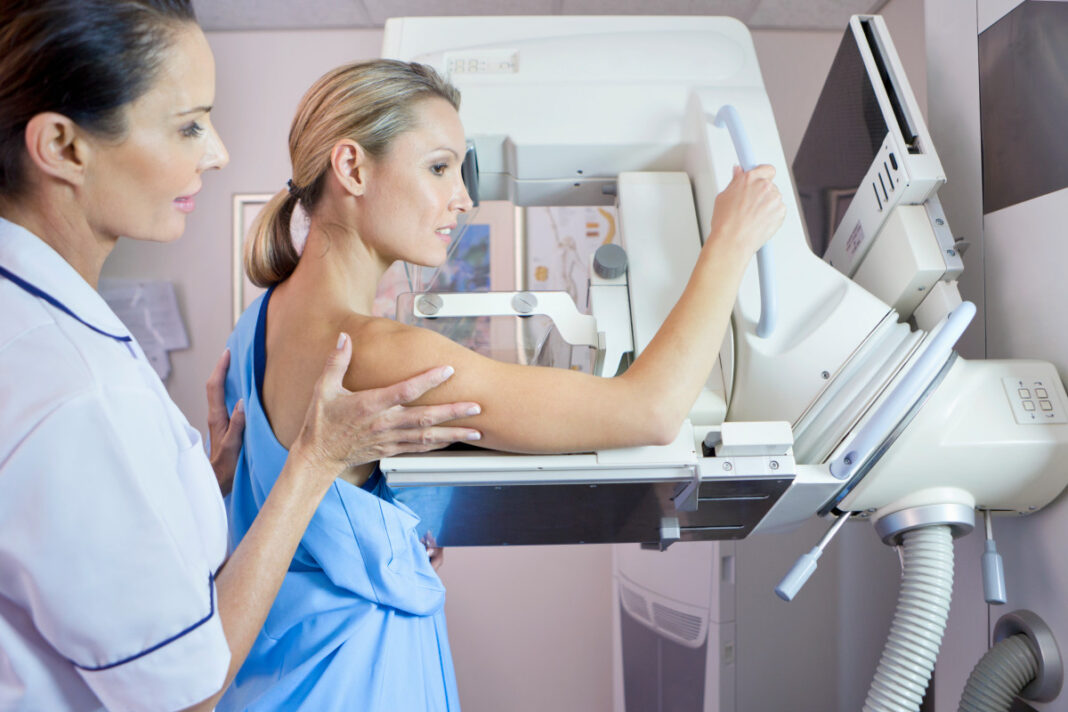A routine health check-up turned into a life-saving event for 46-year-old Sheetal Thakur. Thanks to her annual screening, doctors detected breast cancer at an early stage—preventing its spread and ensuring a faster recovery through surgery and chemotherapy. Her case highlights the critical role of early detection in battling breast cancer.
Despite being the most common cancer among women in India, breast cancer is often diagnosed late due to the lack of routine screenings. A recent study published in BMC Public Health underlines this crisis, revealing that only 1 in 100 women aged 45 and above undergoes a mammogram in India—far lower than Africa’s 4.5% and significantly behind Europe and the US, where the rate reaches 84%.

Early Detection Saves Lives
Mammography, an X-ray examination of the breast, is a key tool for early detection. Medical experts recommend that women aged 40 and above should get screened at least once every two years. However, the study—conducted by researchers from Tata Memorial Centres in Varanasi and Mumbai, along with ESIC Medical College, Faridabad—found that mammography rates remain shockingly low across India.
Mammography Rates in India (45+ Age Group)
- Kerala – 4.5% (Highest)
- Karnataka – 2.9%
- Lakshadweep – 2.7%
- Maharashtra – 2.05%
- Delhi – Less than 1%
The findings, based on data from 35,083 women in the Longitudinal Ageing Study of India, showed that only 1.3% of women had undergone mammography in the past two years.
Dr. P. Raghu Ram, founding director of KIMS-USHALAKSHMI Centre for Breast Diseases, Hyderabad, cites lack of awareness and misconceptions about radiation risks as major barriers to screening. He clarifies that modern mammography, including Digital and 3D Mammography, involves minimal radiation exposure—even less than a standard chest X-ray.
As breast cancer cases continue to rise, experts stress the urgent need for greater awareness and regular screenings. Early detection can mean the difference between life and death—just as it did for Sheetal Thakur.
(Originally reported by Times of India.)




